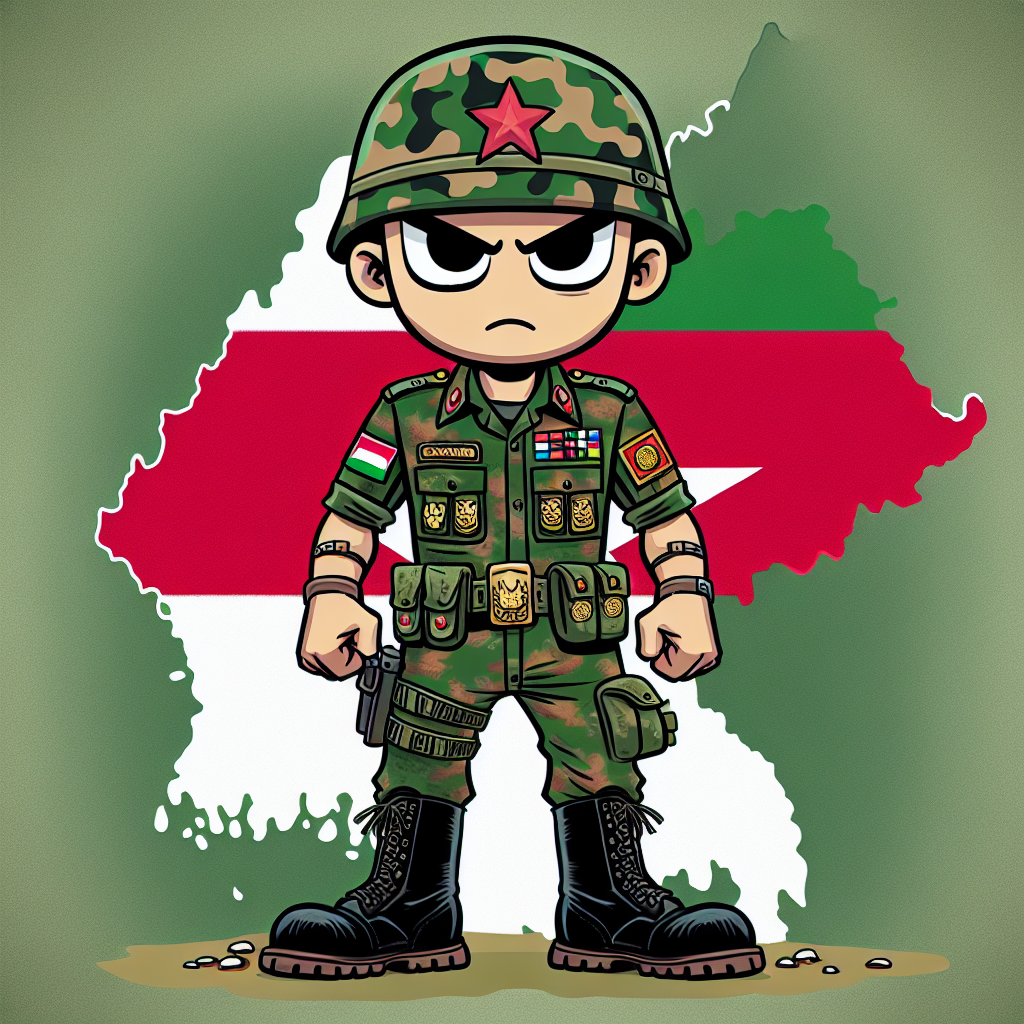Myanmar Coup Exacerbates Gender Inequality, Highlights Urgent Need for Support: UN Report
The report highlights the junta's systematic campaign to dismantle organizations and networks supporting women, girls, and LGBT individuals.

The military coup in Myanmar has severely undermined gender equality, leaving women, girls, and LGBT individuals particularly susceptible to discrimination, violence, and exploitation, according to a new report by Tom Andrews, the UN Special Rapporteur on human rights in Myanmar.
Titled “Courage amid Crisis: Gendered impacts of the coup and the pursuit of gender equality in Myanmar,” the report details the severe human rights violations inflicted by the military junta on these vulnerable groups. It also underscores the prominent role of women in leading the revolutionary movement aimed at establishing equality, justice, and non-discrimination in a future democratic Myanmar.
Andrews called on the international community to enhance support for women, girls, and LGBT individuals in Myanmar by collaborating with local civil society organizations to provide humanitarian aid tailored to their needs and fund programs for survivors of sexual and gender-based violence. He emphasized the importance of working with emerging governance structures, ethnic resistance organizations, and civil society to ensure accountability for crimes against these groups.
"The threat of sexual and gender-based violence looms heavily over women, girls, and LGBT people in Myanmar. Junta forces have perpetrated widespread sexual violence in conflict zones, at checkpoints, and in detention centers, characterized by cruelty and dehumanization," said Andrews.
The report highlights the junta's systematic campaign to dismantle organizations and networks supporting women, girls, and LGBT individuals. These advocates face constant threats of arrest and imprisonment, forcing some to continue their work from exile. Additionally, women and LGBT leaders are targets of violent and sexualized online harassment campaigns.
Economic, social, and cultural rights of women, girls, and LGBT people are also under threat, including loss of economic independence, restricted access to education and healthcare, and the impact of prolonged displacement.
"In cities, villages, and displacement sites across Myanmar, women are bearing the brunt of their families' burdens. They are skipping meals to feed their children, taking on new household duties, and striving to keep their families safe in violent and chaotic environments. Consequently, many women and girls resort to negative coping strategies, making them vulnerable to trafficking, sexual exploitation, and early marriage," Andrews noted.
The report also highlights the dire situation of Rohingya women and girls, who face compounded discrimination and severe security risks due to the systemic denial of citizenship and basic human rights, along with discriminatory practices within their own community.
"Despite facing significant risks and ongoing discrimination, women and LGBT leaders refuse to be silenced. They are actively participating in revolutionary governance structures, advocating for meaningful political participation, and developing accountability measures for sexual and gender-based violence. Women-led civil society organizations have been pivotal in local humanitarian relief efforts," said Andrews.
"I am inspired by the courage, resilience, and determination of women and LGBT leaders who are spearheading a revolution within the revolution, aiming to dismantle patriarchal hierarchies and ensure gender equality for future generations. The international community must empower them now with the support they need and deserve," Andrews concluded.
- READ MORE ON:
- Myanmar
- Gender Inequality
- LGBT
- Tom Andrews
ALSO READ
Escalating Crisis: Rohingya Fleeing Myanmar Amid Renewed Violence
Myanmar's Economic Crisis: Conflict, Inflation, and a Struggle for Survival
Jaishankar Urges Democratic Transition Amid Myanmar Crisis
Myanmar Monk's Funeral Sparks Outrage and Unrest
Mizoram police seize 3.866 kg of heroin in Zokhawthar along Indo-Myanmar border










